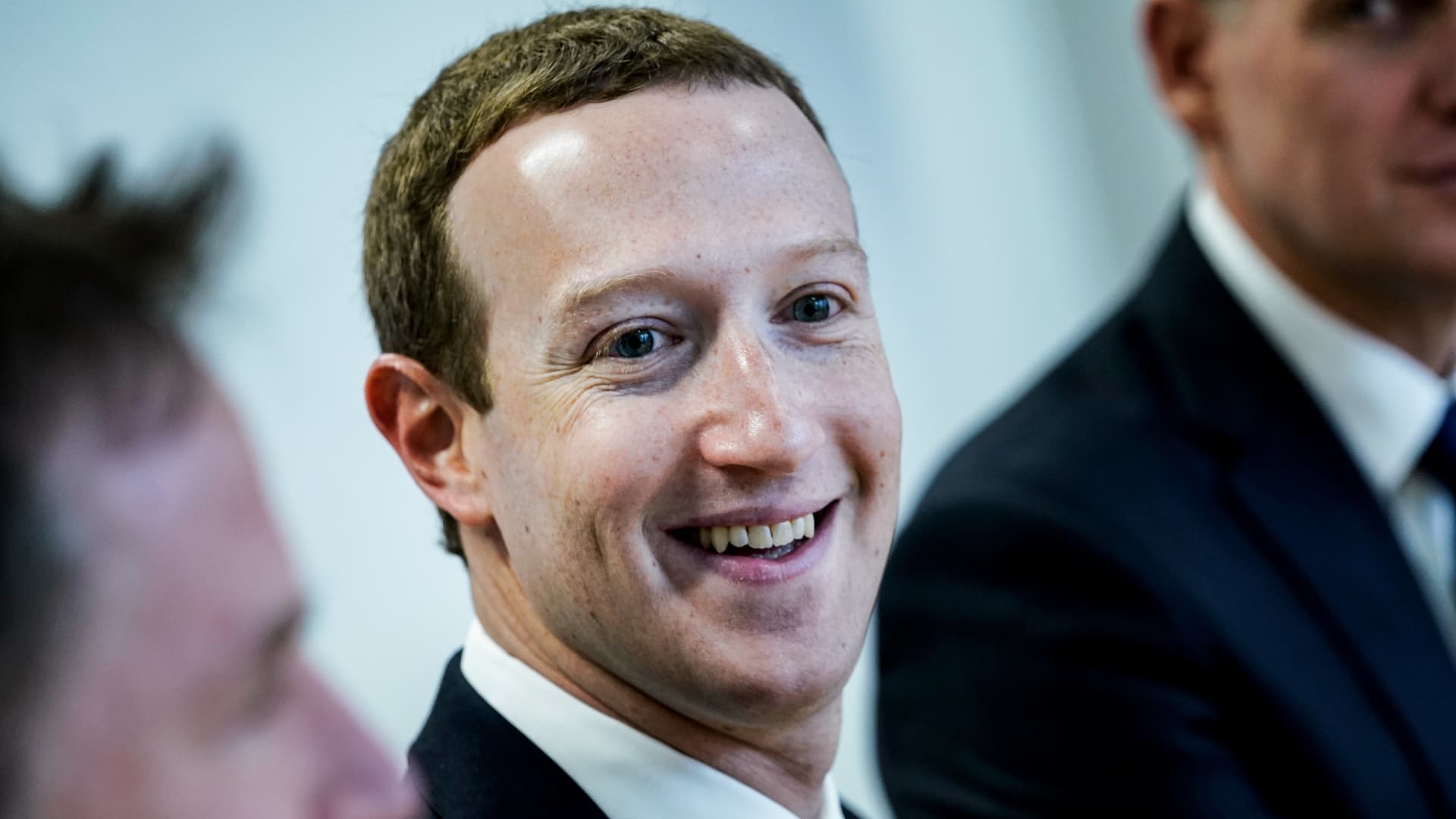Mark Zuckerberg doesn't like your scrolling habits: Social media is for 'building relationships,' not just consuming content
On a recent episode of Joe Rogan's podcast, Meta CEO Mark Zuckerberg said he thinks people should prioritize connection over content on social media.

While Mark Zuckerberg spends most of his days on social media, you won't find him mindlessly scrolling through Instagram Reels.
That's because Zuckerberg thinks social media is best when used to communicate. On a recent episode of the Joe Rogan Experience podcast, the Meta CEO said he thinks platforms like Facebook, Instagram and Twitter can be beneficial to users' well-being — but primarily when they're used to connect with others.
"If you're just sitting there and consuming stuff, I mean, it's not necessarily bad, but it generally isn't associated with all the positive benefits you get from being actively engaged or building relationships," the tech billionaire said.
Zuckerberg isn't the only one discouraging that sort of social media over-consumption. Research indicates excessive use of social media can lead to depression and anxiety among some users. But experts also say that's only true if people are using platforms to solely scroll, rather than interact with others.
"Routine social media use" — like "responding to content others share" daily — is actually linked to positive social well-being and overall mental health, a 2019 study conducted by Harvard University researchers suggests.
However, the opposite becomes true when people develop too much of a dependence on social media, or an unhealthy emotional connection.
If people are solely "checking apps excessively out of fear of missing out, being disappointed about or feeling disconnected from friends when not logged into social media," then it can have a detrimental effect on their health, Mesfin Awoke Bekalu, one of the study's authors, explained in an interview.
That's why Zuckerberg claims his goal for Facebook and the impending metaverse isn't to make people spend more time on the internet. Rather, it's to make everyone's time on the internet more engaging and interactive.
"I don't necessarily want the people to spend more time with computers," he said. "I just want the time that people spend with screens to be better."
Of course, Zuckerberg has been the subject of plenty of criticism on this exact subject, with critics arguing that Facebook and Instagram are "addictive" and harmful, especially for teenagers and children. The platforms have tried to counter those arguments by rolling out features that clock the time users spend on the social media apps while prompting them to mute notifications, or even log off, after a certain amount of time.
It will take time to develop a fully immersive metaverse, but Zuckerberg said Meta has already tweaked its code to try to promote positivity in virtual worlds. The code will still show the most interactive posts, but it doesn't count angry reactions as engagement.
"If someone kind of gives an angry reaction, we actually don't even count that in terms of whether to show that to someone else," Zuckerberg said. "We just don't want to amplify anger."
Sign up now: Get smarter about your money and career with our weekly newsletter
Don't miss:
Nearly a third of U.S. adults are more ‘scared’ of the metaverse than ‘excited’


 Hollif
Hollif 
































